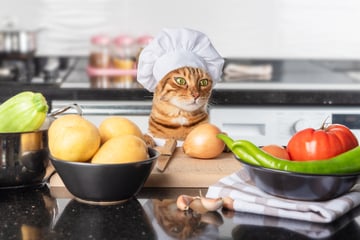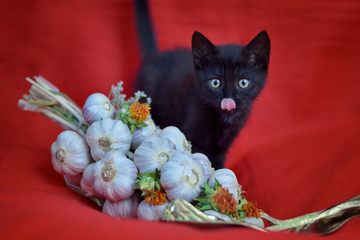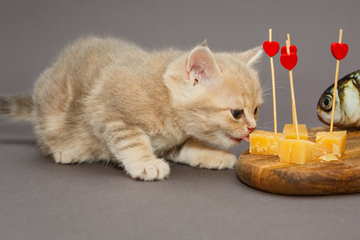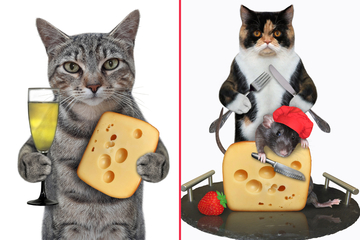Do cats need wet food?
It is absolutely essential that the diet you provide your cat is full of nutrition and is exceedingly healthy for your feline friend. With that in mind, do cats actually need wet food?
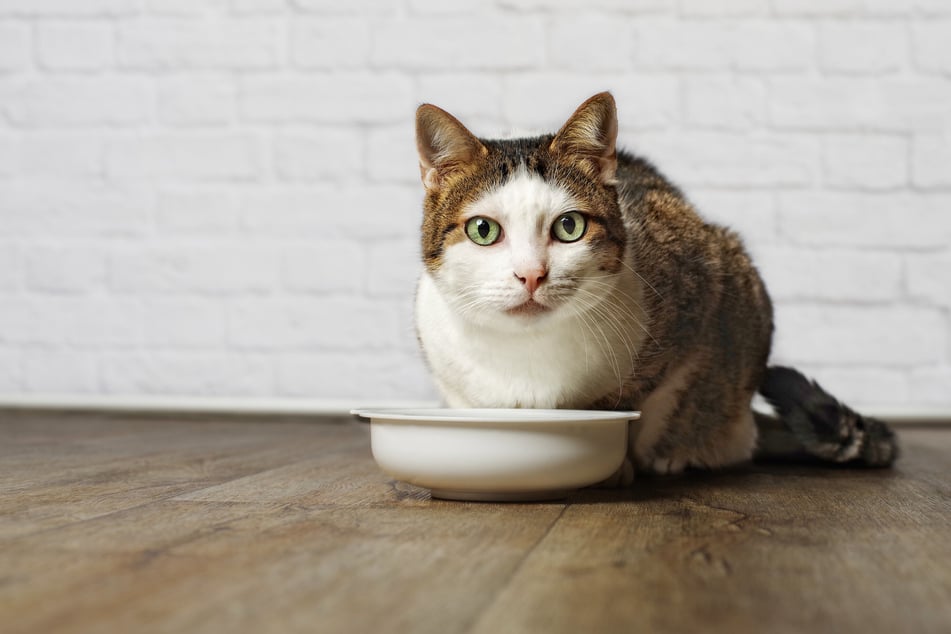
When you adopt a cat, there are a bunch of decisions that need to be made. From where you live to the bowls you buy and the kitty litter you use, your cat requires a lot just to stay happy and healthy.
Ultimately, though, diet is the most important thing. Do cats need to eat wet food, or is it more of a snack for your feline friend, something that can be substituted?
Do cats need to eat wet food?
Many will say that it is up to each individual cat owner and each individual cat whether or not one should provide their feline friend with wet food, but this isn't even close to being true. In fact, this is a highly dangerous way to think – you are not a medical professional, so how would you know what is best for your cat's diet? Instead, such a decision should be made by the vet.
All that being said, cats don't necessarily have to eat wet food. Instead, it is perfectly possible for them to subsist on a dry food diet that is supplemented with various other things and is provided alongside plenty of water. If you choose to go down this path, however, there are some pretty serious things to consider.
To make a rational and valuable decision, alongside your vet of course, you need to weigh up both the pros and the cons. Luckily for you, we've got a list!
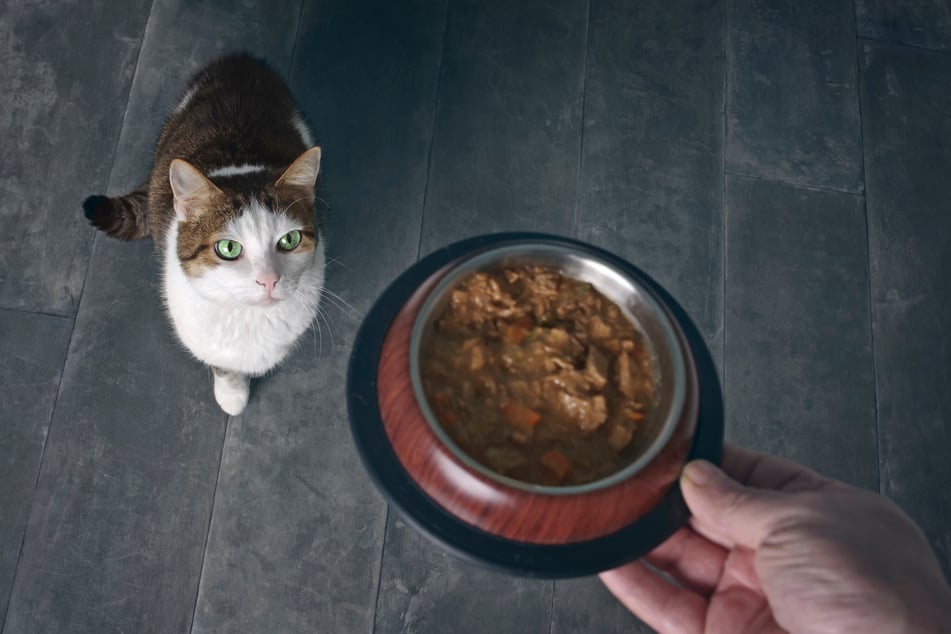
Pros of wet food
There are many pros to providing your cat with wet food, ranging from more surface-level matters like cost to more serious matters like nutrition and hydration. Ultimately, high-quality wet food is very healthy and very good for your cat, as long as you are providing it with a high-quality product, that is.
Here are the principal pros of wet cat food:
- It provides your cat with plenty of energy
- It helps to keep your cat hydrated
- It produces stools that are easy for your cat to pass
- High-quality products contain necessary nutrients and guarantee low-carbohydrate but high-protein meals
- Unopened cans of wet food have a very long shelf life
- It fills a cat up more quickly, thus reducing overeating
- It is lower in calories than dry food
- Its protein content is also higher than dry food
Ultimately, the use of wet food is great for a cat to maintain its weight and make sure that it gets all the nutrition it needs.
Cons of wet food
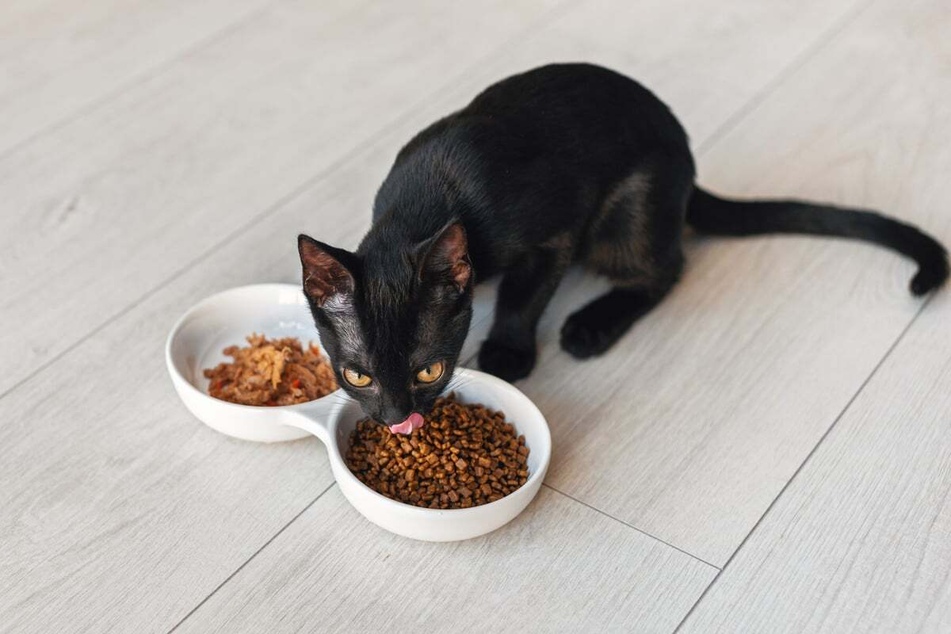
Wet food might have many good things going for it and many incredibly convincing pros, but it is not without its drawbacks. In this case, most of the drawbacks are not actually related to your cat's welfare. As a result, we would caution against putting too much emphasis on some of these criticisms, however legitimate they may be.
Here are the calamitous cons of wet cat food:
- Fresh food in the bowl spoils quite quickly, especially during bouts of warm weather
- If food residue dries in the bowl, the incrustations can usually only be removed by careful and continuous scrubbing
- The more intense smell of wet food can be very unpleasant for humans
- Wet food can attract pests
- Unless explicitly stated on the packaging, wet food is not a complete food and must be fed in combination with other types of food
- Most packaging cans for wet food are made of aluminum, which is not great for the environment
- Wet food is more expensive than dry food
Ultimately, the drawbacks of wet cat food mostly come down to its environmental impact and the way that it makes a human's life harder or more unpleasant – these aren't great things to base medical decisions on.
Can cats eat only dry food?
It is not necessarily going to be a problem if your cat eats only dry food, but we wouldn't recommend it. Of course, if it is what your vet suggests, then it is totally fine, but in general, it's not the most ideal of setups. If you move forward with a decision like this, make sure to weigh out the food as you go.
When choosing to feed your cat a primary diet of dry food, it is exceptionally important that you pay attention to the nutritional features of the food you purchase and don't just go with the cheapest one available. After all, you want your cat to not only be happy and full but healthy as well, so get the best dry food you possibly can.
There are a number of reasons why dry food is both very good and quite problematic for your feline friends. Ultimately, though, we'd recommend adopting a well-balanced combination of both wet and dry.
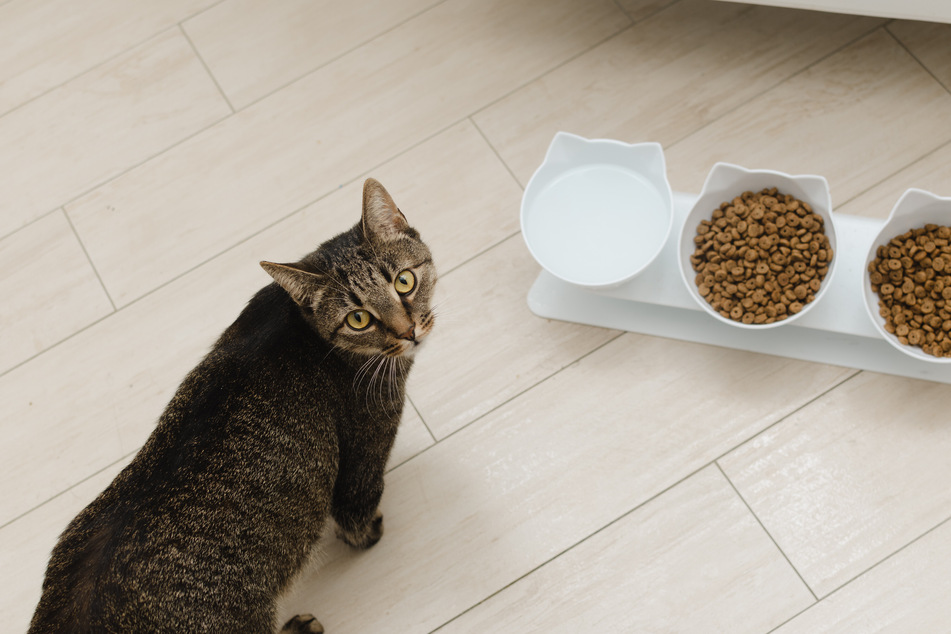
Pros of dry food
There are a number of pros to feeding your cat a diet of just dry food, as the stuff provides a lot of vital nutrients and ingredients that help your kitty's body keep going. All that being said, we'd recommend being careful and evaluating the pros and cons with a vet before moving forward.
Here are the principal pros of dry cat food:
- It can be left out without spoiling, and a cat can go to the bowl and eat at any time, which is its natural feeding behavior
- Dry food rarely sticks together or becomes encrusted, making it very easy to wash out the bowl
- It is easier to keep the cat's feeding area hygienically clean
- Dry food helps to maintain your cat's oral and dental care
- Its teeth are cleaned as it chews
- It is much, much cheaper than wet food
- Dry food contains many vital ingredients, vitamins, and minerals
Ultimately, dry food provides for many of the nutritional needs of your cat and is extremely convenient. That being said, there are still drawbacks.
Cons of dry food
While dry food might be good for your cat, there are a number of reasons why your kitty should probably not be fed a dry food-only diet. These cons are extremely important to know if you want to move forward with your cat's dietary decision-making. Trust us, and trust your vet!
These are the calamitous cons of dry cat food:
- A portion of dry food contains considerably more calories than the same amount of wet food
- If cats eat too much dry food and drink too little water, they can become dehydrated
- This lack of water encourages the formation of urinary stones
- Pests could infest the bag of dry food
- Dry food does not necessarily contain everything your cat needs
Important: When making a decision over your cat's diet, we'd recommend going for a more moderate approach. For more information on how that can be done, as well as the requirements of a cat diet, check out our detailed guide on that very subject.

Should you give your cat wet food every day?
Your veterinarian should give you instructions on how many times, how much, and when you should be feeding your cat each day. They know best, and they will be able to guarantee that your cat is kept happy, healthy, and safe by the decisions that you make.
All that being said, there are three general scenarios:
- If you feed a cat only wet food, you can offer it two meals a day
- If you feed a cat only dry food, offer it way more dry food and keep the supply constant throughout the day
- If you feed your cat both wet and dry food, provide with one serving of wet and one serving of dry
There are few things sweeter and more adorable than a hungry cat that's following you around the house. Just make sure that the diet you opt for has been approved by a vet and is nutritionally sound.
Cover photo: 123RF/Lightspruch
